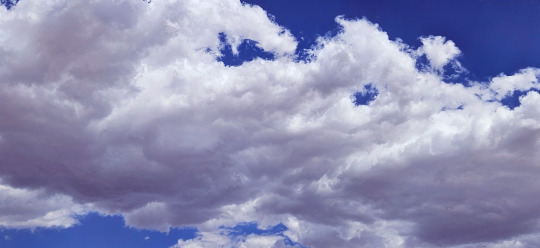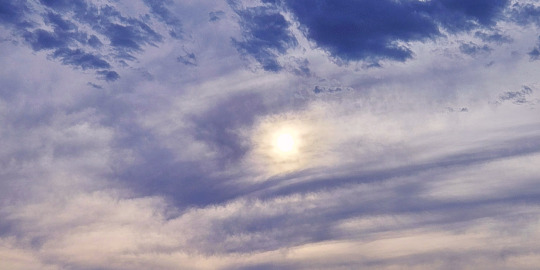#enviornment
Text
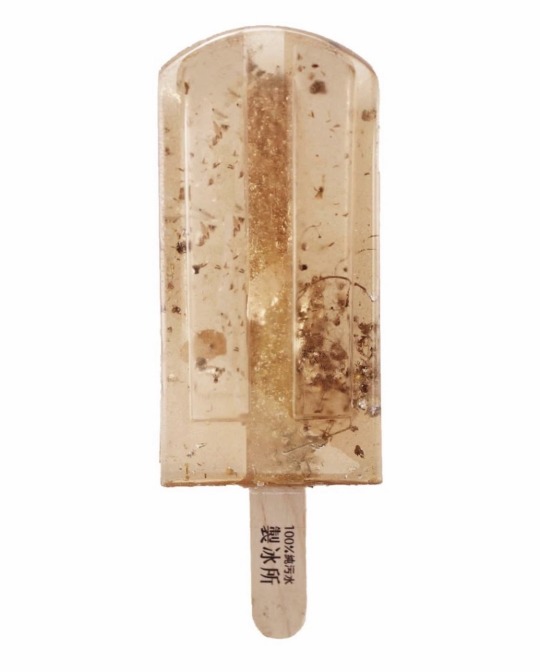

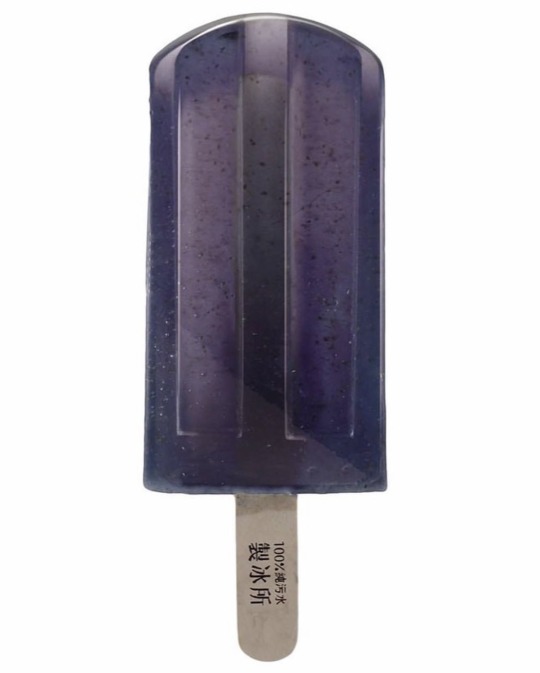


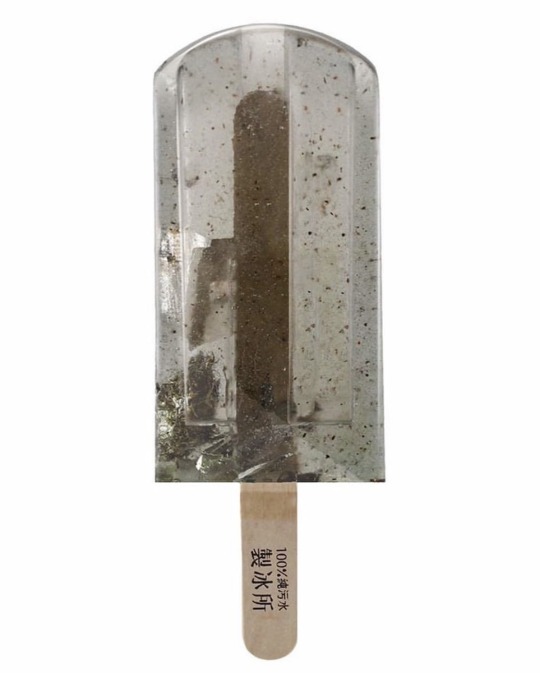
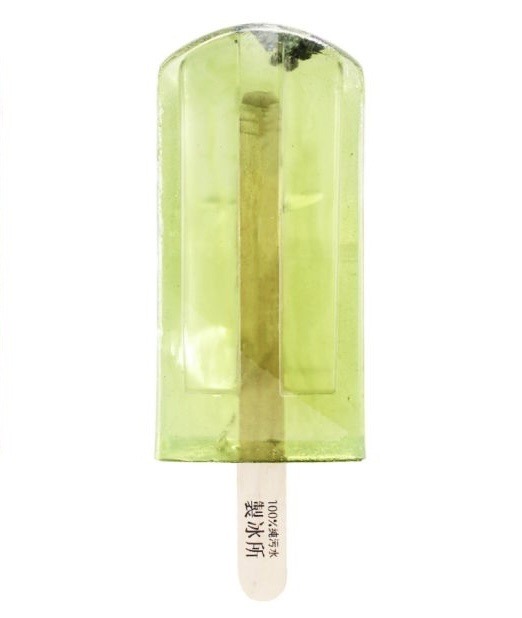
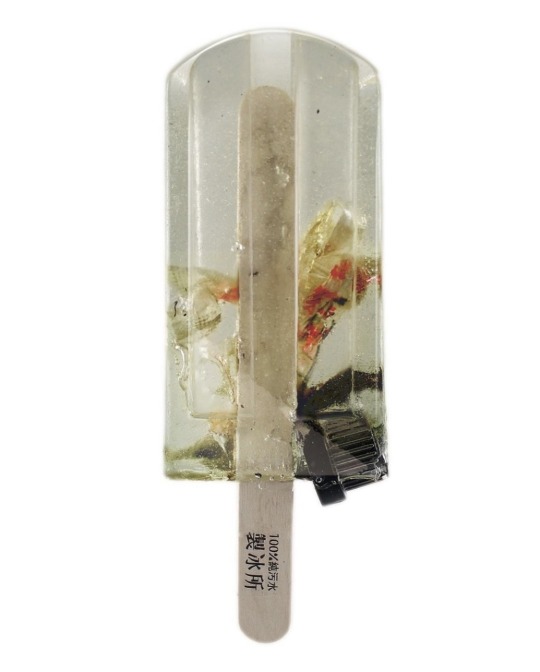
‘Polluted Water Popsicles’ (2017) by: Hung I-chen, Guo Yi-hui & Chen Yu-ti
Addressing the issue of water pollution, the artists collected samples from 100 locations across Taiwan, first freezing the liquids and then preserving their creations in resin.
#trashcore#enviornment#enviormentalism#popsicles#art#resin art#awareness#pollution#aesthetic#2017#taiwan#cottagecore#weirdcore#asia#artblr#waste#trash#resin
18K notes
·
View notes
Text










Environmental Art by Nils Udo
5K notes
·
View notes
Text
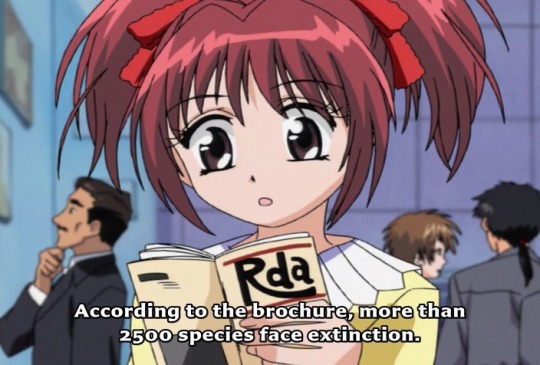
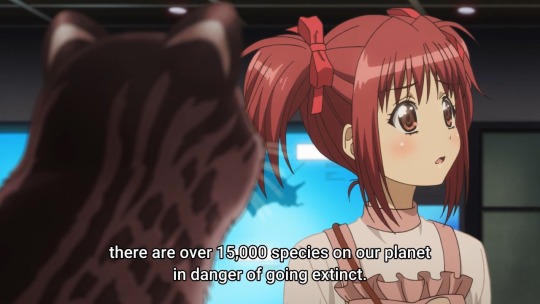
Probably the most depressing example of a modernization change in Tokyo Mew Mew New…
#tokyo mew mew#tokyo mew mew new#enviornment#environmental#extinction#extinct animals#azure does a thing#luke don’t look
30K notes
·
View notes
Text
(via @southriverforest on Instagram)
The City of Atlanta is refusing to count the 116k signatures on the Cop City Referendum petition, denying Atlanta citizens the right to vote on Cop City and the destruction of Weelaunee forest. On Monday, February 5th 2024 Atlanta will be voting on an ordinance for making referendum a clear and fair practice
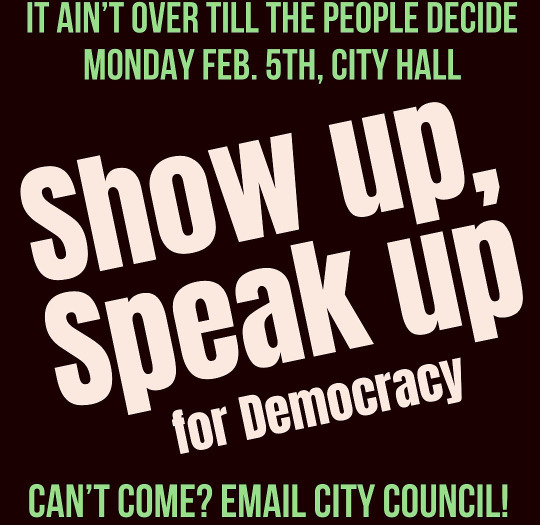
If you can make it to Atlanta or if you're registered to vote, please show up and vote yes on Ordinance 34482.
#stop cop city#atlanta#environmentalism#politics#weelaunee forest#cop city#atlanta southern river forest#Instagram#tortuguita#ecology#enviornment#biology#conservation
2K notes
·
View notes
Link
There are few places on Earth as isolated as Trindade island, a volcanic outcrop a three- to four-day boat trip off the coast of Brazil.
So geologist Fernanda Avelar Santos was startled to find an unsettling sign of human impact on the otherwise untouched landscape: rocks formed from the glut of plastic pollution floating in the ocean.
Santos first found the plastic rocks in 2019, when she traveled to the island to research her doctoral thesis on a completely different topic—landslides, erosion and other "geological risks."
She was working near a protected nature reserve known as Turtle Beach, the world's largest breeding ground for the endangered green turtle, when she came across a large outcrop of the peculiar-looking blue-green rocks.
Intrigued, she took some back to her lab after her two-month expedition.
Analyzing them, she and her team identified the specimens as a new kind of geological formation, merging the materials and processes the Earth has used to form rocks for billions of years with a new ingredient: plastic trash.
Continue Reading
1K notes
·
View notes
Text
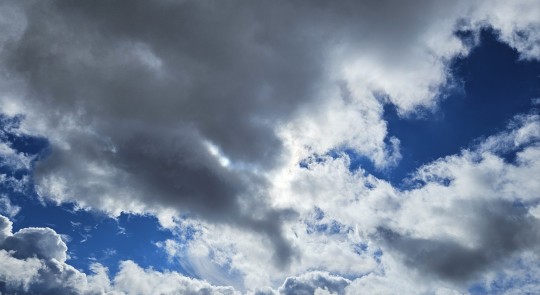


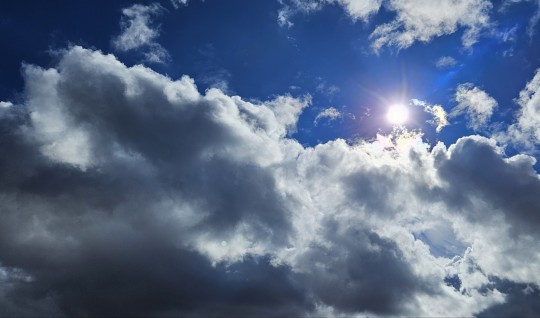

#clouds#sky#sun#aesthetic#enviornment#some very nice after rain clouds out today i had to snap a few pics of
228 notes
·
View notes
Text
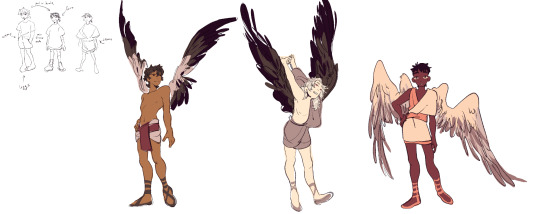
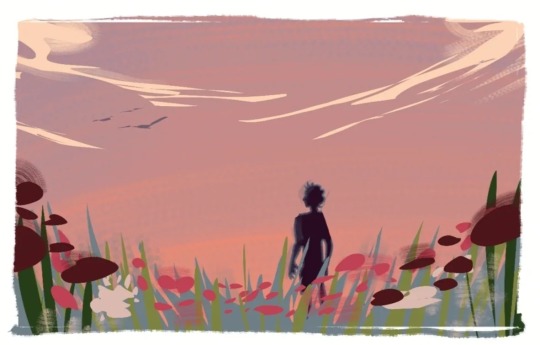


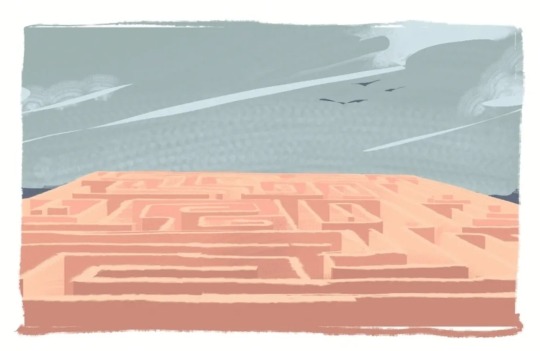

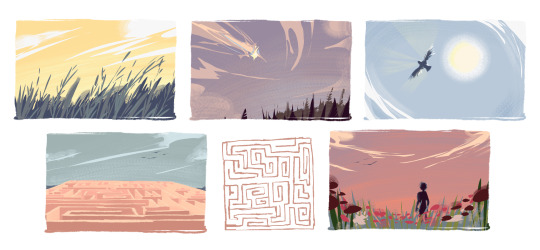

Concept art for my second year final film. I'm still in the pre progress stages so it's all still very sketchy as I'm testing out styles and colors!
205 notes
·
View notes
Text
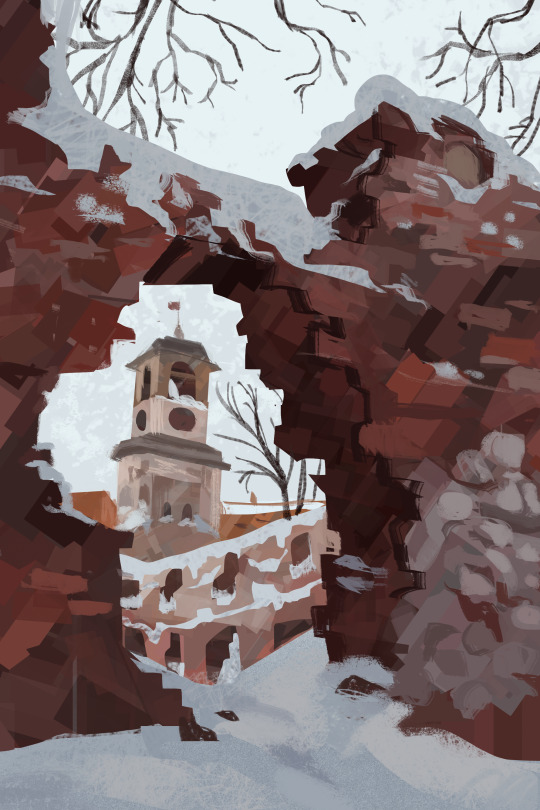



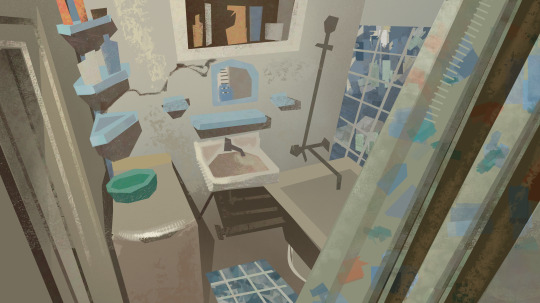
just environment studies for my archhhhive
all of them were made somewhere in-between of 30min and an hour
207 notes
·
View notes
Text
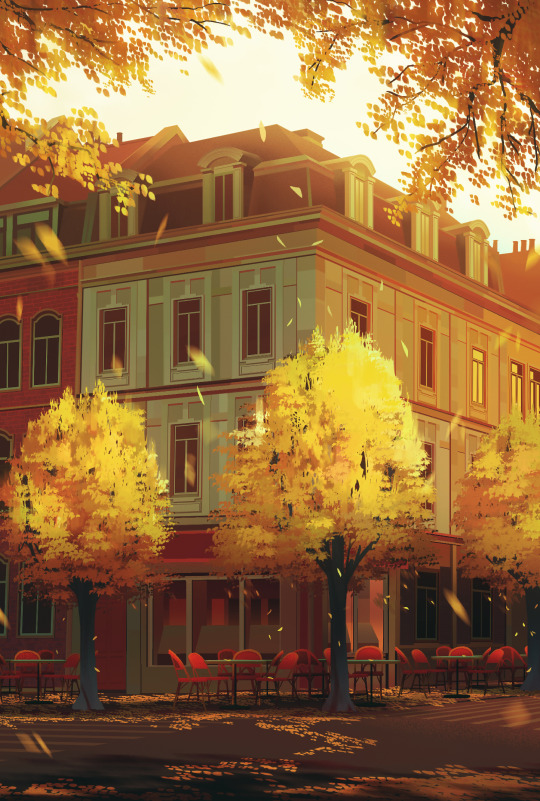
Yellow Café
#background design#digital art#digital painting#background paint#concept art#women artists#animation#illustration#art#enviornment#autumn#autumn aesthetic#fall leaves#leaves#artist on tumblr#digital artist#drawing#environment art
281 notes
·
View notes
Text
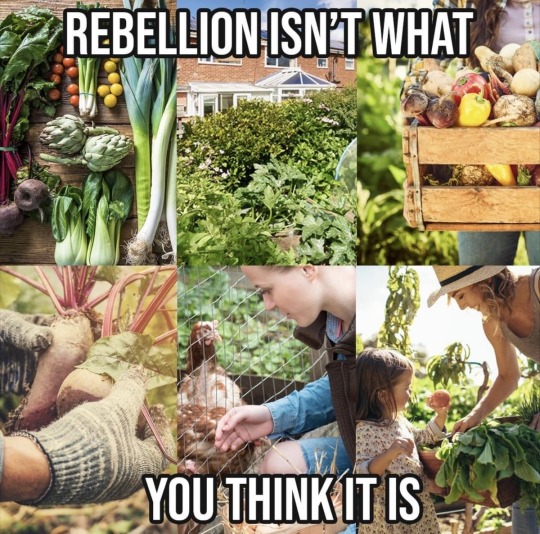
#ecofriendly#green anarchism#anarchism#solarpunk#garden#off grid#environmental justice#enviornment#environmentalism#revolutionary#revolution
30 notes
·
View notes
Text

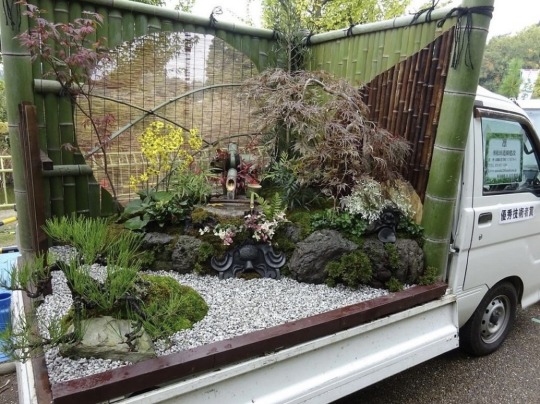
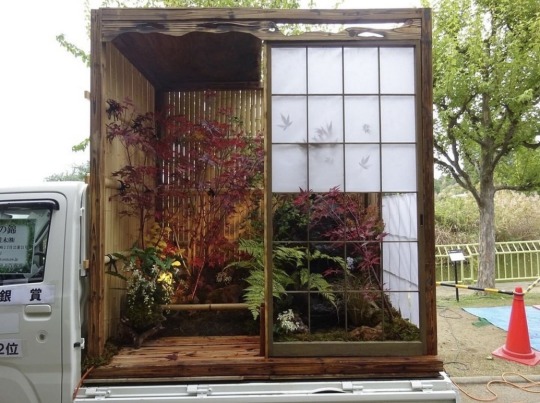
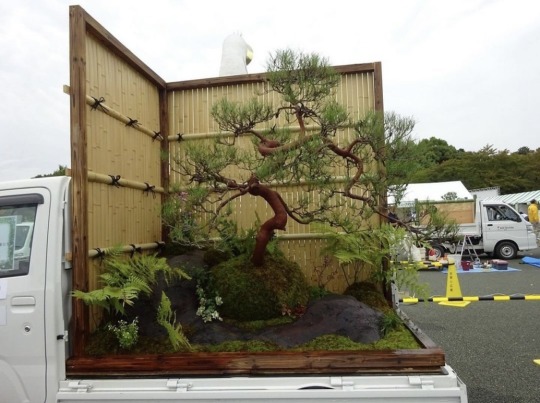
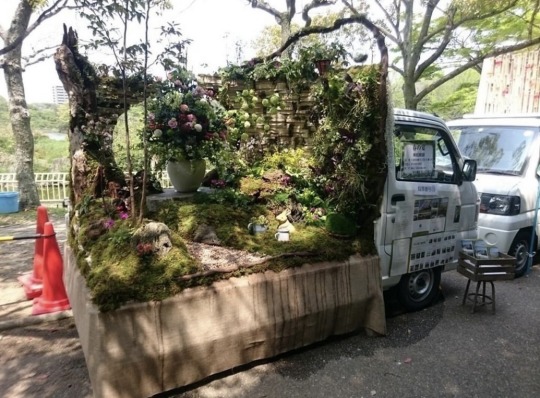
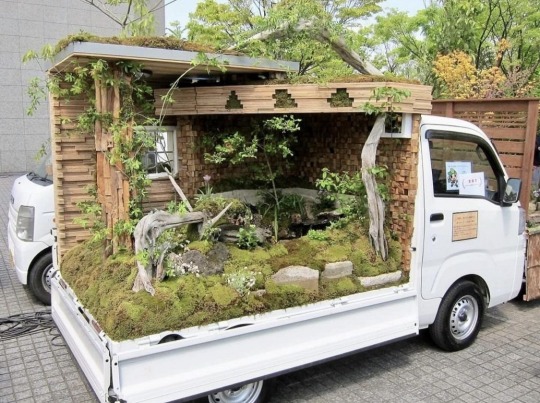
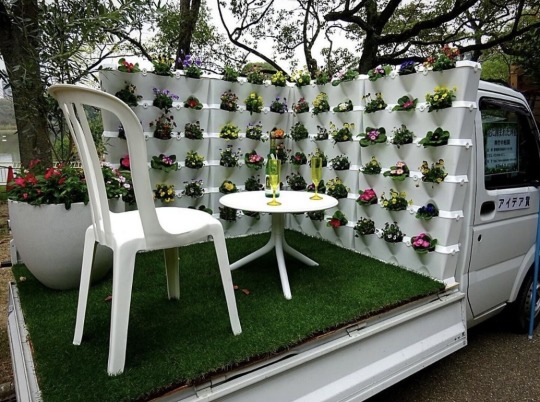
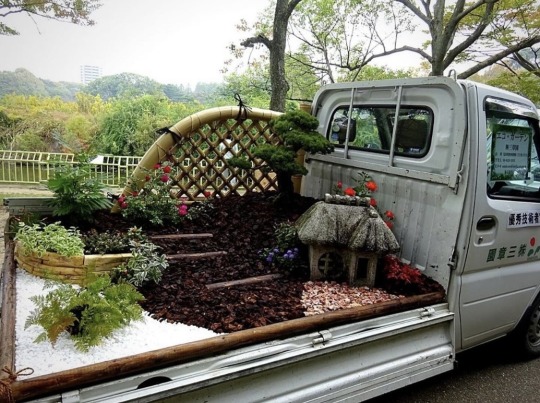
The Kei Truck Garden Contest (2018)
Landscaping contractors from various regions of Japan bring their mini pickup trucks to an event known as "the Kei Truck Garden Contest." They dedicate several hours to converting the cargo bed into a miniature garden.
#landscapes#landscaping#greenery#plants#plantcore#plantblr#aesthetic#japan#japanese#art#forestcore#fairycore#garden#gardening#gardencore#nature#enviornment#naturecore
1K notes
·
View notes
Text
Sneaking back in... ✔😊
Hello, Wolfie says very guiltily, aware of how long she's been away...
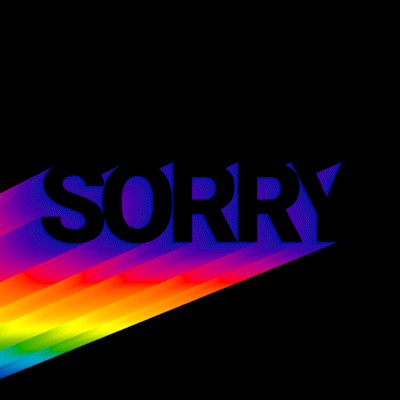
I've not really had time for anything else besides actual work for the last (nearly) four years! Honestly that feels like it has flown by!
I've missed so many people from this fandom in this time, but I've still been reading and keeping my eyes on all your works when I've had signal :)
For those of you who have been interested in my work previously, or those of you who are curious as to how you disappear of the internet for 4 years - well, here we go;
So, when I came back from my sudden trip to Asia during Covid, I was offered to make the start of my trip to work with the Manatees! So of course I upped and went and I stayed for 2 years in America
From there, I thought the Amazon is actually a hop, skip and a jump compared to my home continent and I'd said about going back for so long, so I did! Everyone was so welcoming again and it was amazing to see how everyone had grown and changed since I met them, but it was honestly like coming home and I had some amazing times for another six months.
I've written a paper on biodiversity loss among land and marine animals and several speeches since whilst over in the states and I never thought I would speak at conferences of that size!
I worked with the American Institute of Biological Sciences on some of their research through 2023 and attended their conference which was amazing to interact with so many of their students and funders and give a speech on my work with the manatee.
I came back to the UK for Christmas to see my family and resettle my life here. I've done a lot of travelling now and I'm ready for some quieter times.
So now I am back, working from home mostly for the time being, sticking in the conservation sector and my work with endangered species. Three days a week I educate and two days a week I am writing papers and continuing to add (hopefully) academic work to the ever-growing internet.
But I wanted to let you all know that I'm back and I really want to get back to writing for this amazing fandom with all of you guys!
There are definitely ideas which came to me whilst I've been away which I've had to dutifully note down and stay focused, but I want to write these now and bring them to you when I can!

Thanks for reading,
Wolfie x
#thunderbirds are go#gordon tracy#scott tracy#john tracy#alan tracy#TAG#thunderbirds tos#endangered species#endangered animals#enviornment#real life work#darkestwolfx#fanfiction.net#ao3#support your fanfiction authors#so sorry that i've been away for so long#author life
30 notes
·
View notes
Note
So I’ve been following COP28 over the past two weeks and today I was also reading about the upcoming Star Wars novel The Living Force and together they had me wondering how does Buddhism balance it’s philosophy of focusing on the present without falling into the kind of short-term thinking that’s played a not insignificant role in problems like climate change and mass environmental destruction. Because while I certainly understand not obsessing over the future, it also seems incredibly reckless and irresponsible to completely ignore it.
And how does Buddhism balance focusing on present when things like trauma and injustices can and do echo down generations. Given you’ve talked about preserving no longer acceptable content in a previous ask about Death of/to the Author I’m guessing that when Buddhism does talks about letting go of the past that doesn’t mean forgetting it, but I would be interested to hear what the Buddhist take on specific things like reparations given a climate damage fund for countries less equipped to fight climate change was a major sticking point for COP27.
Well, these are complex issues!
There is a kind of focus on the present moment that is "live for the moment," meaning, you concentrate on the present with little or no concern for the future. This is to live your life in a way that takes only the right now into account, and focuses entirely on making yourself feel good right now. Obviously, this leads to serious problems both on the individual and on the global level of life. Climate change and mass environmental destruction is the best example of this. Now, I assume that popular culture tries to legitimize this kind of focus on the right now by - among other things - pointing at the Buddhist focus on the present moment. However, it's very important to see that the Buddhist practice of being fully alive and being fully present in the present moment is profoundly different from being concerned only about and losing ourselves in what's happening right now.
The Buddha said: “Don't get caught in the past, because the past is gone. Don't get upset about the future, because the future is not yet here. There is only one moment for you to be alive, and that is the present moment." This means that life is only available for us in the present moment. Life is happening in the present moment and only in the present moment. It's not happening in the past, because the past is no longer reality, it not happening in the future, because it's not yet reality. Life and reality is only in the here and now. So, the basic Buddhist practice is to bring ourselves fully into the here and now, to fully engage with, to fully be present in the present moment. Like Yoda said, it's important to have our minds where we are, what we are doing. The mind shall be where the body is, not elsewhere.
Essentially, this is mindfulness of the present moment. Mindfulness, as we discussed before, is not to immerse yourself into momentary experiences, nor it's meditation - it's to maintain a flow of voluntarily awareness or attention, holding, bearing something in mind, without distraction, without forgetfulness. So, when you bring yourself into the here and now, you know what is going on in the present moment. Rather than blocking out past and future, you get back in touch with life as it's happening, you rejoin its flow. By being truly present in the moment, you, to use a crude example, realize that you are sitting in the driver's seat, and you see the traffic around yourself. You can see where you came from and where you are heading, what directions you can take and what directions you can no longer take, you can have a clear picture of whether or not you're able to drive as fast as you go right now, whether you should slow down. By being in the here and now, you are able to choose where you want to go. So, the Buddhist focus on the "present moment" is actually focus on life, a full awareness of what you are doing. It doesn't allow for one to fall into short-term thinking, it reveals, very, very clearly, the far-reaching consequences of what we are doing. Nor does it allow for dismissing other's pain, especially when it comes to the pain of the Earth, because if the Earth is dying, we are dying. In the present moment, interconnectedness reveals itself to you, but only in the present moment. Effort can only be made in the present.
In the present moment, you can see reality as it is: you can see that everything is interconnected. By being fully present, fully alive in the moment, things as simple as drinking a mug of coffee can bring forth insight that leads to a more compassionate and more wise life. If you look deeply, with mindfulness into your mug of coffee, you see the coffee beans in there. You see all the minerals, all the water, all the soil, all the sunlight that nourished it. You see all the people who tended it so it can grow, all the people who harvested it, roasted it, packed it, brought it to you so you can drink it. In that mug, you can see all their lives. You can see the Earth rotating, bringing forth the days and nights and the seasons ripening the coffee beans. You can see the water the Earth gave you so you can make your coffee. You see all the economical, political and ideological processes governing coffee production, and you see how we treat those people you see how we treat the Earth. And you see how what you do in the present will affect the future. This is not mystical, it's not even particularly religious, it's simply being truly and deeply in the present moment.
It should be clear, therefore, that being fully present and fully alive in the here and now is not the refusal of considering the consequences of your present behaviors, thoughts, feelings, nor it is the refusal of the acknowledgment of where they're coming from. Buddhism tells us that in the here and now, with mindfulness, we can clearly see if we're hurting, if we have wounds, like traumas, and by being fully alive in the present moment, we can meet them with compassion and courage. If you are present in the here and now, if you are truly there, you can see if there is a splinter in your finger (or a spear in your heart) and you can see how to remove it and how to heal. Thus, being mindful is also called "loving attention" or "loving awareness." You need to sit with, to be with your trauma and you need to do it with tenderness and courage, because that's how you will heal. We must learn all of the ways in which we have stored our traumatic experiences. We need to find the corners that our trauma has been living in. But that, too, can only happen in the flow of life. One bank is the past, and the other bank is the future. You have to swim in the river, because that's the space in which you can find healing. Letting go means, you are no longer clinging onto the pain, nor you are holding on to the false hope that you can somehow resist to past pains. You must let it go, so it can flow as it must. You must accept it, attend to it. Whether it's trauma or injustice, personal or global.
The Buddhist take on specific issues, like reparations given a climate damage fund for countries less equipped to fight climate change, is informed by these principles. My opinion is that it's a good start, but it's kind of like poisoning the river, then keep poisoning the river, but paying for the damage done to those who rely on the water of the river. People still need to stop poisoning the water.
31 notes
·
View notes
Text

The South River Watershed Alliance is having an entire week of divestment for corporations supporting Cop City! They will be having toolkits and webinars all week open to everyone not just people in Atlanta!! Here's the link to either host or attend an action. We need everyone's help to Stop Cop City!!!
#stop cop city#atlanta#politics#weelaunee forest#environmentalism#tortuguita#ecology#Atlanta Southern River Forest#enviornment#biology#mutual aid#intersectional activism#protect the atlanta forests#cop city#Georgia#social justice
791 notes
·
View notes
Link
New research from the University of Georgia ... found that a diet of mostly plants with local and humanely raised meat is likely the most ethical way to eat if we want to save the environment and protect human rights.
"There's nothing sustainable about this plant-based model," said Amy Trauger, author of the study and a professor in the Franklin College of Arts and Sciences. "It is really just a lot of greenwashing. You really don't have to look very far to see how problematic this narrative is."
Most of the soybean products (like tofu and tempeh) in the U.S. aren't grown here, the study found. Up until recently, they were largely imported from India, where soybean production contributes to widespread deforestation and habitat loss. Soybean plantations also take up valuable land space that could be used to ease food insecurity in the country instead.
And the pollution and environmental impact from transporting soybeans hundreds of thousands of miles to the U.S. is its own environmental catastrophe.
Continue Reading
693 notes
·
View notes

